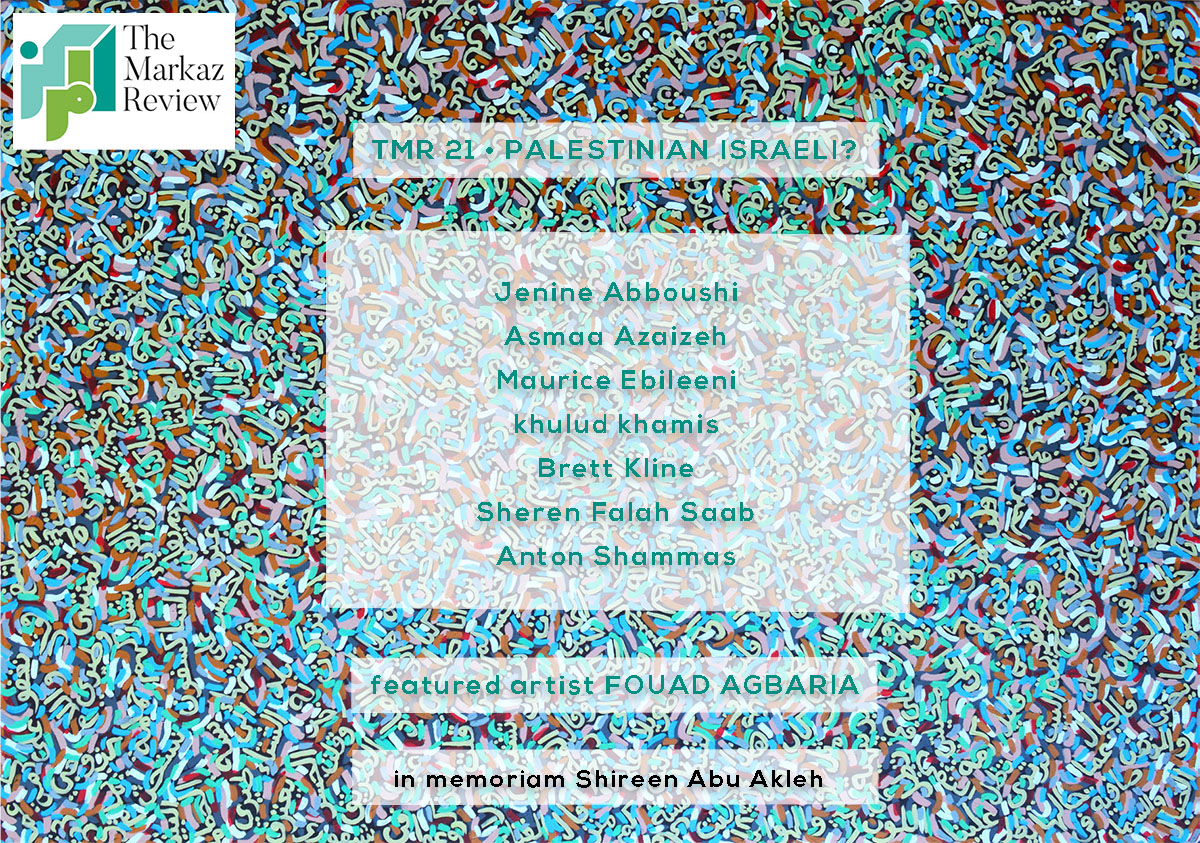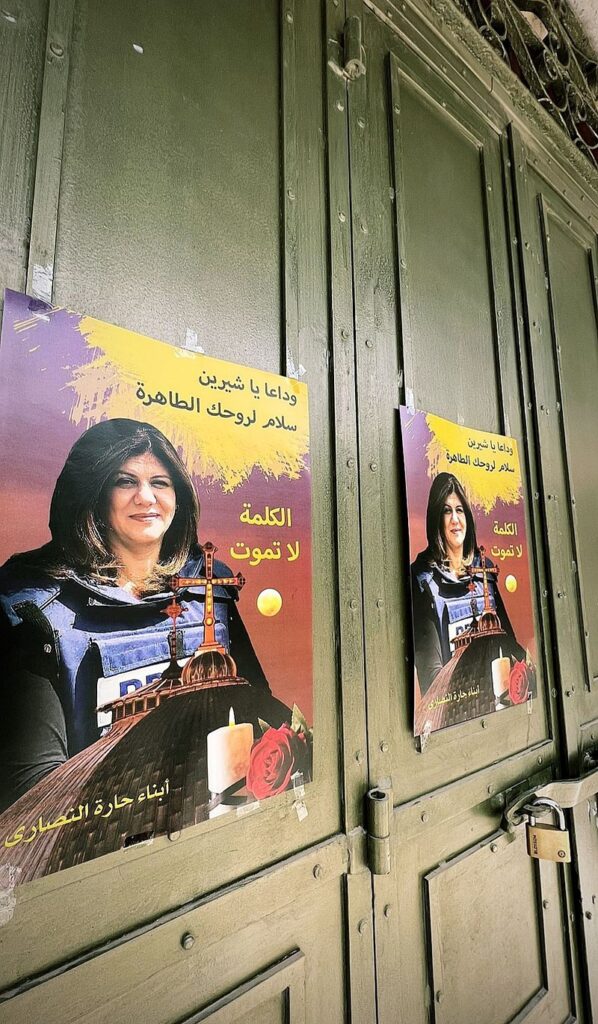
Jordan Elgrably
What precisely to call our May 15th, 2022 issue was a prickly matter, leading to a heated discussion and volleys of emails back and forth to several Palestinians with Israeli citizenship. Some still prefer to be thought of as “’48 Palestinians,” born west of what Israel called the Green Line; and still others refused to address the matter at all, while almost everyone concerned identified simply as “Palestinian.”
Anton Shammas — a Palestinian Arab author and translator living in the United States, suggested that we “stick to the definition ‘Palestinian citizens of Israel,’ and avoid using the oxymoron ‘Palestinian Israeli(s),’ as there’s no such thing, let alone a ‘Palestinian identity in the context of Israeli nationality’ … There’s no ‘Israeli’ nationality, and there are no ‘Israelis’ in Israel — citizens of that state, which defines itself, by law, as a Jewish state, are defined according to their ethnicity. Under ‘nationality’ in the Israeli ID it would say either ‘Jewish’ or ‘Arab,’ not ‘Israeli.'”

Shammas was referring to the stark reality of Israel’s 2018 Nation-State Law, which made it clear to Israel’s Arab citizens that they were going to remain less than equal in the eyes of the law. Some Palestinian citizens of Israel, including prominent actor Makram Khoury, who was the first Arab to win the Israel Prize, the highest civic honor in Israel, feel conflicted about identifying as an Israeli when it comes to the state funding that backs their film and theatre projects.
“I’m not prepared to sign a loyalty declaration, and then to go represent Israel around the world when I’m not really considered a citizen in the total sense,” Khoury told Haaretz last month. “I’m made to feel like I’m a guest here, and people forget that I’m the real native for generations in this land. So the lack of respect, or the lack of recognition, is disturbing. Today I’m hesitant to submit my screenplays to the foundations, and I imagine that there are many others like me,” he says. “I am a citizen, for all the dismay of [Culture Minister Miri] Regev and people like her, and I’m confident that the nation-state law will be amended.”
The Markaz Review is pleased to feature work from Jenine Abboushi, Asmaa Azaizeh, Maurice Ebileeni, khulud khamis, Brett Kline, Sheren Falah Saab and Anton Shammas, among others. Our featured artist this month is Fouad Agbaria, a native of the Galilee whose paintings have been exhibited from Beirut to Ramallah and beyond. We dedicate our 21st issue to the memory of slain Palestinian American journalist, the much-beloved Shireen Abu Akleh.
If you would like to continue the discussion on the “Palestinian Israeli?” question, or respond to anything writers present in their work, please forward your comment to us at editor@themarkaz.org, and we’ll put you directly in touch with that writer or artist.
Thanks for reading and supporting The Markaz Review.

